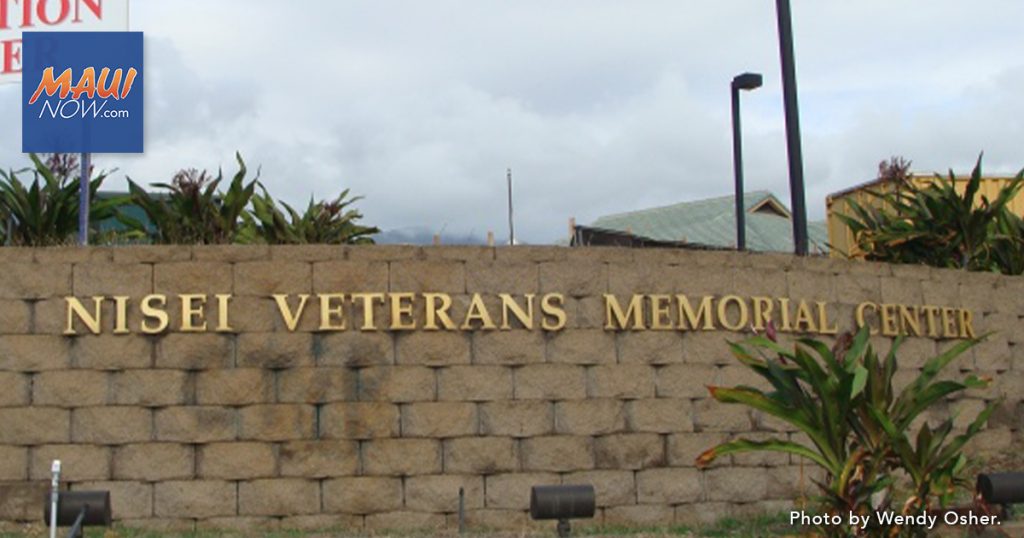Nisei Veterans Memorial Center Welcomes Tom Coffman For “An Afternoon with the Author” Zoom Talk

The Nisei Veterans Memorial Center presents “How Hawaiʻi Changed America” author, Tom Coffman for its “An Afternoon with the Author” Zoom talk at 1:30 p.m. on Saturday, March 20.
The event is free and registration is accessible online under “what’s new” or by calling NVMC at 244-6862.
NVMC’s “An Afternoon with the Author” invites published fiction and non-fiction writers from around Hawaiʻi and the mainland to participate in discussion. The center hosts a different author each month to talk about their work, the story behind the story and their personal journey while writing their book.
About “How Hawaiʻi Changed America”:
Coffman’s “How Hawaiʻi Changed America” story begins in Honolulu in late 1939 inside the meetings of a self-styled Council for Interracial Unity. The primary figures are Charles Hemenway, “father” of the University of Hawaiʻi and his prize adherents from the interwar period, YMCA youth worker Hung Wai Ching and a brilliant young teacher, Shigeo Yoshida.
Together they are the heart of a group who believe that war will come soon, and that people in Hawaiʻi can organize to guide the community through it.
Their goals are to prevent a mass incarceration of the Japanese community and, in its stead, mobilize participation in the American war effort.
As the story develops, the conflict with Washington D.C. – including President Roosevelt – over issues of race and national origin become a chasm.
From this, Yoshida derives the group’s prophetic mantra, “How we get along during the war will determine how we get along when the war is over.”
How Hawaiʻi contrasts to the West Coast’s forced evacuation and incarceration of 120,000 people of Japanese ancestry, most of them American citizens, is at the heart of “How Hawaiʻi Changed America.”
Tom Coffman’s first window into Hawaiʻi was as chief political reporter of the Honolulu Star Bulletin from 1968-73. Since 1973, he has been an independent writer and producer. He received the State of Hawaiʻi Literary Award, three Hawaiʻi Publishers’ annual award for Best Nonfiction and numerous documentary film awards.
The connecting thread of his work is the social and political development of Hawaiʻi in context of the Pacific Rim. He has often been intimately involved in community projects.
He served on the storyline work group of the historical gallery of the Japanese Cultural Center of Hawaiʻi, as well as director/producer of its theme film, Ganbare. He likewise wrote and directed the Judiciary History Center’s film on martial law.




_1768613517521.webp)




